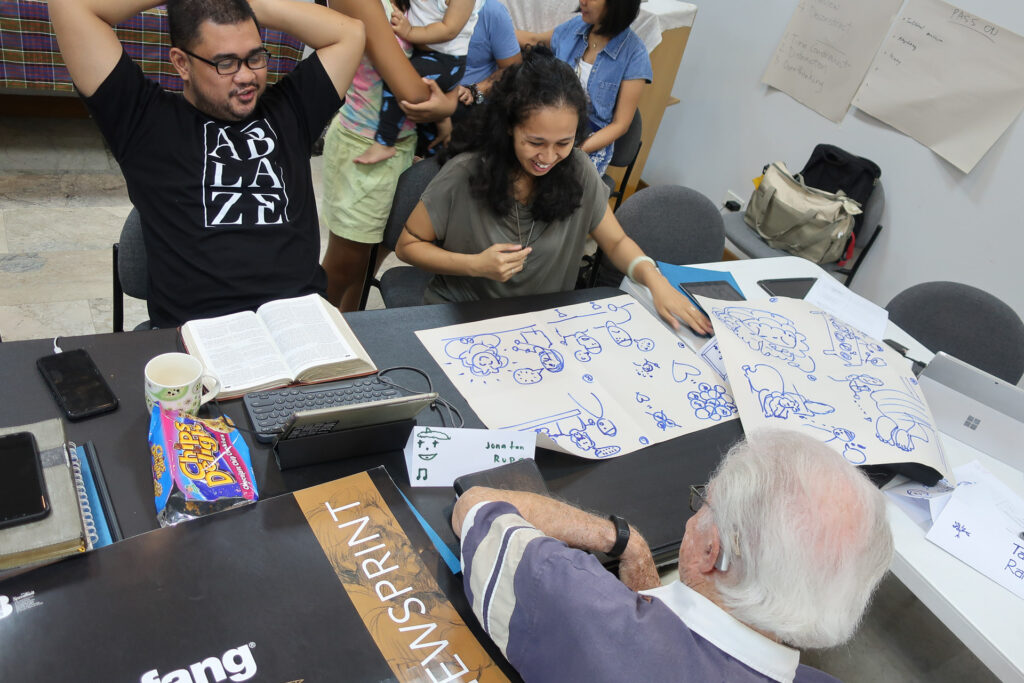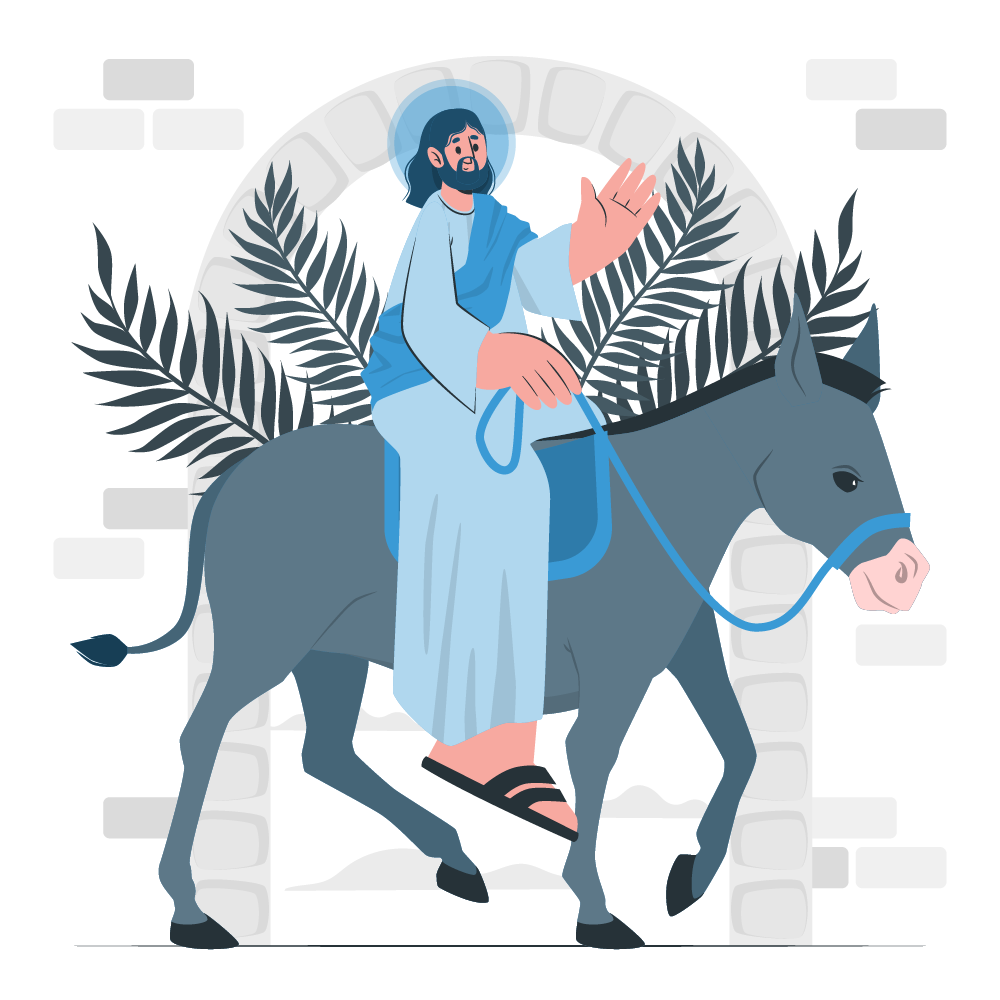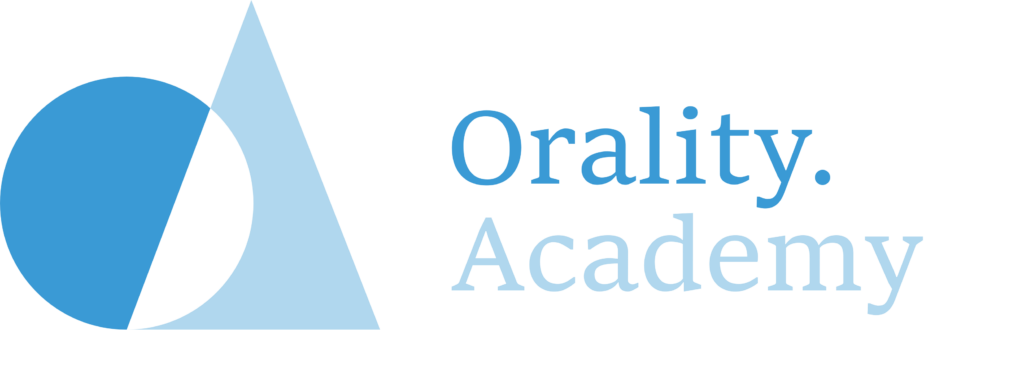Curriculum
learning experiences
Explore the lessons by topic
We are currently working to make all syllabi, lesson plans, and resources accessible online for self-study or as teaching materials. Stay tuned.

Primary Modules
Foundations of Orality
Module 1
Explore God’s design for communicating among people created in His image. How can we communicate with higher impact and scale? We will discover how orality affects every aspect of communication.
- God in 3 persons (inner speech).
- Orality Gap.
- The 15 characteristics and tendencies of orality.

Lessons & resources

Narrative
Module 2
Learn from The Master Storyteller! He modeled driving everyday stories that went viral. We engage people in Bible story dialogue, leading them to discover God’s message, remember it, and share it with others.
- Creating compelling narrative.
- Bible story dialogue.
- Contextualizing a Kingdom meta-narrative.
Culture & Arts
Module 3
Arts penetrate the heart like nothing else. They are expressions of who we are. We explore using the arts as integrative communication strategies for increased Kingdom impact.
- Artistic expressions of inner speech.
- The shape of cultural expression.
- Giving voice: Promote personal and community expressions.


Instructional Design
Module 4
Transformative learning takes intentionality. The Scriptures give numerous examples of what this is and how it can be done. We learn to apply Jesus’ teaching methods. We experience the process of building learner-centered instruction with planned outcomes and results.
- Orality as expression of inner speech (expanded).
- Transformative and informative learning.
- Introduction to Jesus’ model (7 descriptive disciplines of orality).
Integrative Project
Taking it to the field! We guide you to use all 4 modules in a real-time project. You will integrate orality and make it alive among your people group, your context, and your ministry.
- Theology of orality.
- The 7 disciplines applied to the 15 characteristics.
- Applying orality: integrative project.

Theological/Biblical Modules
Orality in the Old Testament
Module 5
The Old Testament was shaped by oral cultures that preserved and transmitted God’s revelation through storytelling, poetry, and prophetic speech. This module explores how biblical texts reflect oral traditions and how understanding these dynamics enhances biblical literacy and interpretation.
- Oral Foundations of the Old Testament.
- Spiral Thinking in the Torah.
- Orality in Biblical Genres.
- Jewish Hermeneutics & Revelation.


Orality in the New Testament & Early Chruch
Module 6
The message of Jesus and the early church spread through oral proclamation, public reading, and storytelling. This module examines how oral traditions shaped the transmission, interpretation, and preservation of the New Testament, providing deeper insight into its message and impact.
- Oral Transmission & Revelation.
- Biblical Performance & Public Reading.
- Orality in the Gospels & Letters.
- Apocalyptic Tradition & Church Fathers.
Character Theology & Integrated Hermeneutics
Module 7
Understanding Scripture requires more than just analyzing texts—it involves engaging with the narratives, emotions, and theological constructs that shape our perception of God. This module explores how different interpretive frameworks, from historical to artistic and emotive approaches, contribute to a holistic understanding of theology and hermeneutics.
- Theology as Cultural Constructs.
- Integrated Hermeneutics.
- Divine Drama & Character Theology.
- Artistic & Emotive Hermeneutics.

Inter-Disciplinary Modules
Media Competencies
Module 8
Effective communication in today’s world requires mastery of diverse media platforms, research methodologies, and digital tools. This module equips learners with the skills to navigate, analyze, and create content across various media channels while integrating ethical and theological reflections into their vocational contexts.
- Understanding Media Channels.
- Essential Media Research.
- New & Digital Media.
- Media Production & Presentation.


Participatory Communication
Module 9
True transformation occurs when communication is participatory, engaging communities in dialogue and action. This module explores participatory methods, community-driven change, and research approaches that empower individuals and groups to take ownership of their learning and development.
- Participatory Methods.
- Community Transformation.
- Research & Learning Models.
- Cognitive & Social Influences.
Frontier Mission Strategies
Module 10
Engaging in mission work among unreached or resistant communities requires a deep understanding of cultural and religious contexts. This module explores orality-based mission strategies, storytelling methods, and approaches for various religious and secular worldviews to develop effective and contextually appropriate outreach.
- Church Planting Movements (CPM) & Disciple-Making Movements (DMM).
- Storytelling as a Missional Tool.
- Contextual Strategies for Different Worldviews.
- Cultural Exegesis & Application.

You may use, share, and adapt all resources, including syllabi, lesson plans, and presentations, for non-commercial use as long as you properly attribute this work licensed under CC BY-NC-SA 4.0.
If you have found our materials to be of assistance, kindly consider making a donation. Your contribution will enable us to conduct more research and extend our training to those who may otherwise be unable to afford it.
